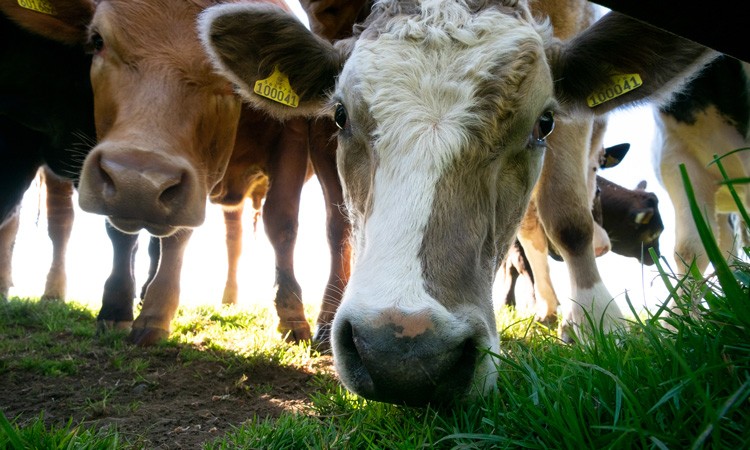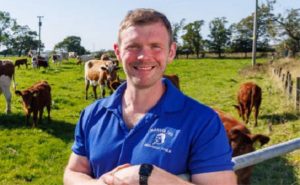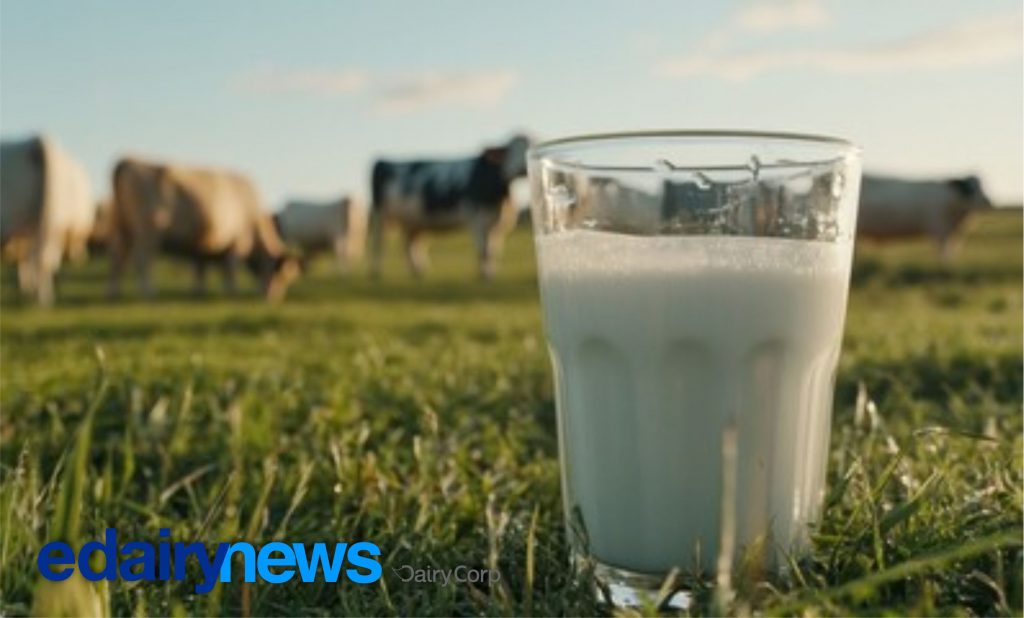Farmers are being asked by Scotland’s Rural College (SRUC) to help with a project researching the prevalence of an infectious condition in Scottish dairy herds.
Mycoplasma bovis (M. bovis) is an infectious condition that can cause a range of symptoms in dairy cattle including pneumonia and middle ear disease in calves, and lameness and mastitis in adult cattle.
Scientists from SRUC explained that infections are often longstanding and difficult to treat as the most commonly used antibiotics are ineffective against the bacteria and some infected cattle show no sign of disease at all. These individuals will remain in the herd and act as a continuous source of infection to the rest of the herd, they continued.
Infections with M. bovis can result in:
Lower milk production
Reduced milk quality
Poor growth of calves
Abortions and infertility.
Additionally, clinically diseased animals who recover may become carriers of M. bovis and are also a source of infection within the herd.
M. bovis is spread via direct contact, the environment (i.e. in the milking parlour, feed buckets and teats, bedding), milk, colostrum and semen. Operating a closed-herd policy significantly reduces the likelihood of introducing M. bovis to the herd, the scientists said.
They noted that best-practice cleaning and disinfection of calf feeding equipment and of the milking parlour as well as pasteurising cows’ milk and colostrum limits the risk of transmission within the dairy herd.
Project lead Jessica Ireland-Hughes, from SRUC Veterinary Services, said: “We’ve been working behind the scenes to enable us to start the project once restrictions are lifted and it is safe to do so. The study will hugely benefit the industry as it will help us gain a better understanding of what farms are more or less at risk from M. bovis and the reasons why.”
Participating farms will be asked to submit four quarterly bulk tank milk samples over the course of a year to be tested for the presence of M. bovis and antibodies. They will also be asked to complete a short questionnaire on general herd management practices.













